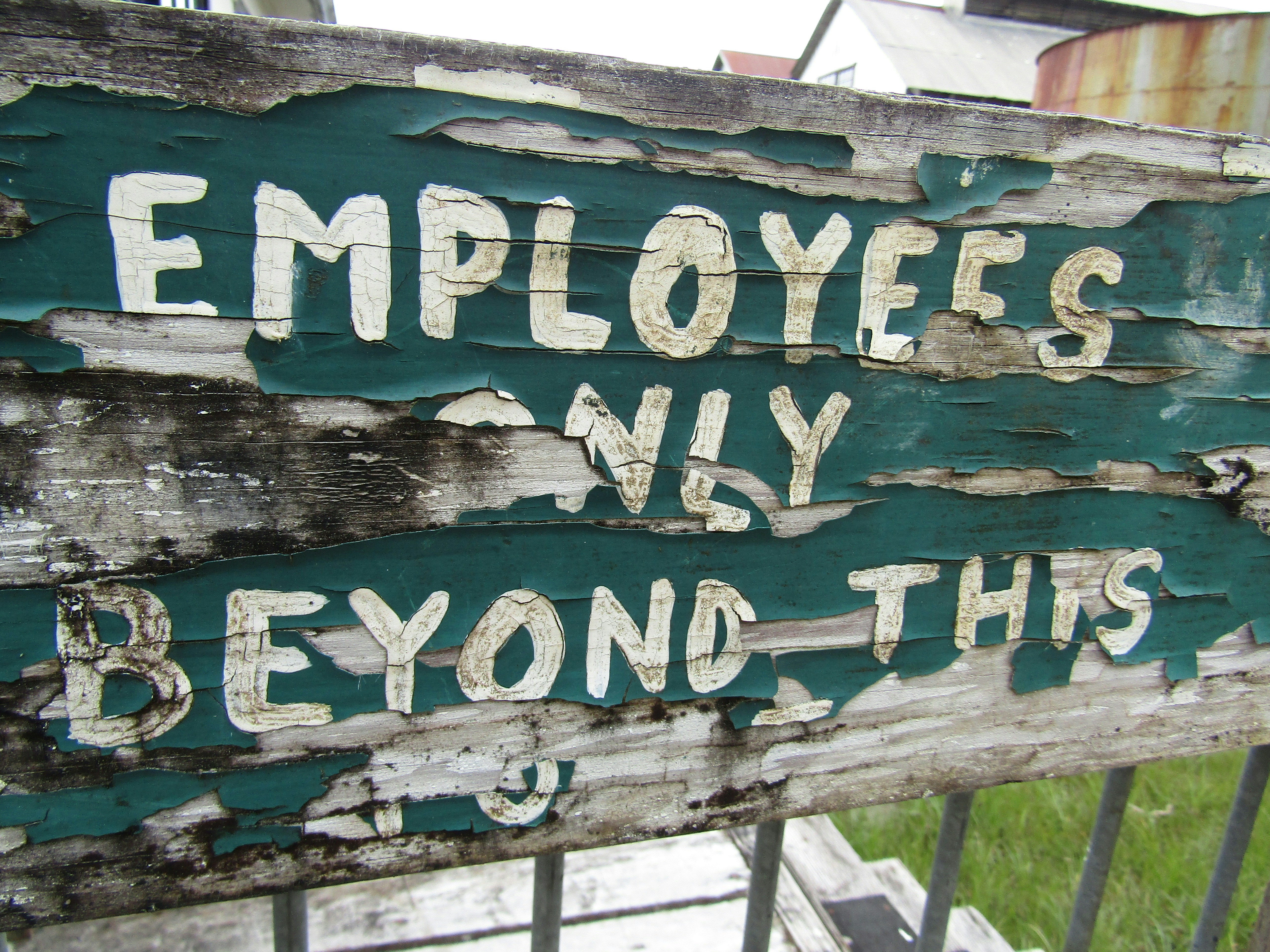
Understanding Defamation in the Context of Employee Rights
Defamation, fundamentally, refers to the act of communicating false statements that harm an individual’s reputation. In the workplace context, this becomes particularly significant as it encompasses a range of actions that could be detrimental to an employee’s professional standing. The complexities of defamation laws can vary distinctly across Eastern countries, often presenting challenges for employees seeking to assert their rights. Unlike many Western jurisdictions, where defamation laws may be more standardized, Eastern nations can exhibit a patchwork of regulations influenced by cultural, social, and political factors.
In several Eastern countries, the concept of defamation can be intertwined with broader issues of freedom of expression. For example, some nations may impose stricter controls on free speech, affecting how defamation cases are approached and resolved. In situations where employees may face unfounded claims or disparagement from employers—whether in a public setting or within company communications—the lack of clarity surrounding employee rights can hinder their ability to seek redress. Furthermore, the absence of comprehensive labor laws detailing defamation protections leaves employees vulnerable.
Case studies illustrate these concerns effectively. For instance, in a notable case in an Eastern country, an employee who reported unethical practices faced public vilification from their employer through misleading statements. This not only impacted the individual’s reputation but also highlighted the broader implications concerning employee rights and protections against defamation. Such instances raise critical questions regarding the accountability of corporations and the mechanisms available for employees to seek justice in an increasingly complex environment. As Eastern companies navigate these social issues, understanding defamation in the context of employee rights will remain imperative.
Impact of ESG Factors on Social Responsibility
Environmental, Social, and Governance (ESG) criteria play a critical role in shaping the corporate behavior of companies, particularly in Eastern regions where employee rights and social responsibility may sometimes be inadequately addressed. As the public becomes increasingly aware of corporate shortcomings, the pressure on businesses to align with ESG standards continues to rise. This shift is not merely a trend; it signifies a fundamental transformation in how companies perceive their responsibilities towards employees and society at large.
One significant aspect of ESG is the promotion of social responsibility practices, which include fostering safe working conditions, ensuring fair treatment of employees, and upholding their rights. Companies can adopt various frameworks and guidelines to effectively navigate these complex social issues. For example, the United Nations Guiding Principles on Business and Human Rights offers a robust framework that encourages companies to respect human rights throughout their operations. By integrating these principles into their operations, Eastern companies can mitigate risks associated with employee mistreatment and defamation claims.
Moreover, companies that prioritize ESG factors often exhibit improved reputation and stakeholder trust. They demonstrate a commitment to ethical practices, which can enhance employee morale and minimize the likelihood of defamation lawsuits resulting from workplace misconduct. As such, adopting ESG principles not only showcases a company’s dedication to social responsibility but can also deliver tangible business benefits, such as better talent retention and reduced litigation costs.
Additionally, regulatory environments are evolving, with increasing scrutiny on companies regarding their adherence to ESG standards. This shift necessitates that Eastern companies reevaluate their existing policies and practices with a focus on aligning with global ESG expectations. By doing so, they can foster a corporate culture that values respect, accountability, and transparency, ultimately benefiting both their employees and the larger community.
Case Studies of Eastern Companies and Their Handling of Employee Rights
Eastern companies have increasingly found themselves at the intersection of employee rights and public scrutiny, particularly in relation to defamation. These challenges often manifest through accusations of mistreatment, forcing organizations to navigate complex legal landscapes. A notable example can be seen in a major manufacturing firm that faced allegations of discriminatory labor practices. A former employee publicly accused the company of fostering a hostile work environment, leading to a significant backlash on social media and widespread coverage in local news outlets. The company’s initial response was defensive, asserting that the allegations were baseless. However, the ensuing public outcry prompted the firm to reassess its internal policies, eventually leading to the establishment of an independent review committee to address employee grievances.
Another case involved a service industry conglomerate that experienced a similar situation when a whistleblower claimed exposure to unsafe working conditions. The company, originally dismissing the claims, later faced legal action and a pending defamation lawsuit for potentially detrimental statements made in a press release. This case highlighted the importance of transparency and communication. Ultimately, the firm opted to implement more comprehensive safety protocols, demonstrating that recognition of employee rights can significantly impact corporate reputation and legal liability.
These case studies underline a critical lesson: the manner in which a company addresses claims of employee mistreatment can either mitigate or exacerbate reputational damage. Organizations must emphasize proactive measures, including robust dialogue with their workforce and the establishment of clear channels for addressing grievances. As such, within the context of defamation related to employee rights, it becomes evident that transparency, accountability, and a commitment to enhancing workplace conditions are essential for both legal protection and maintaining public trust. Consequently, these lessons inform the broader discussion around developing policies that reinforce employee rights while also safeguarding companies against potential legal repercussions in an increasingly demanding social environment.
Strategies for Employees to Protect Their Rights in an Uncertain Environment
In an environment where defamation and employee rights remain ambiguous, it is imperative for employees to adopt proactive strategies to safeguard their interests. Firstly, keeping meticulous records of workplace incidents is crucial. Documentation can encompass emails, messages, performance reviews, or any interactions that may serve as evidence in case of disputes. By maintaining a thorough record, employees create a reference point that helps clarify events and supports their claims if needed. This practice not only assists individuals but also lays the groundwork for greater transparency within the organization.
Secondly, seeking legal counsel becomes essential in navigating the complexities of defamation and employee rights. Establishing a relationship with an attorney who specializes in labor law can provide employees with valuable insights into their rights and obligations under existing legal frameworks. Legal experts can elucidate the nuances of Eastern legal contexts, thus equipping employees to make informed decisions about their situations and potential responses to defamation or unfair treatment.
Furthermore, leveraging social media can be a powerful tool for advocacy. Employees can use these platforms to voice their concerns and raise awareness about workplace issues. While caution is necessary to avoid escalating conflicts, constructive engagement on social media can draw attention to matters that require resolution and may encourage management to take action regarding employee rights and defamation policies.
It is also important for employees to thoroughly understand their legal rights as established by local laws and regulations. Awareness of these rights empowers individuals to approach their situations confidently and strategically. Encouraging management to foster a supportive workplace culture is equally vital; when employees feel valued and heard, the likelihood of addressing grievances constructively increases. Promoting open communication within the company can lead to improved policies regarding defamation and employee treatment, ultimately benefiting everyone involved.

